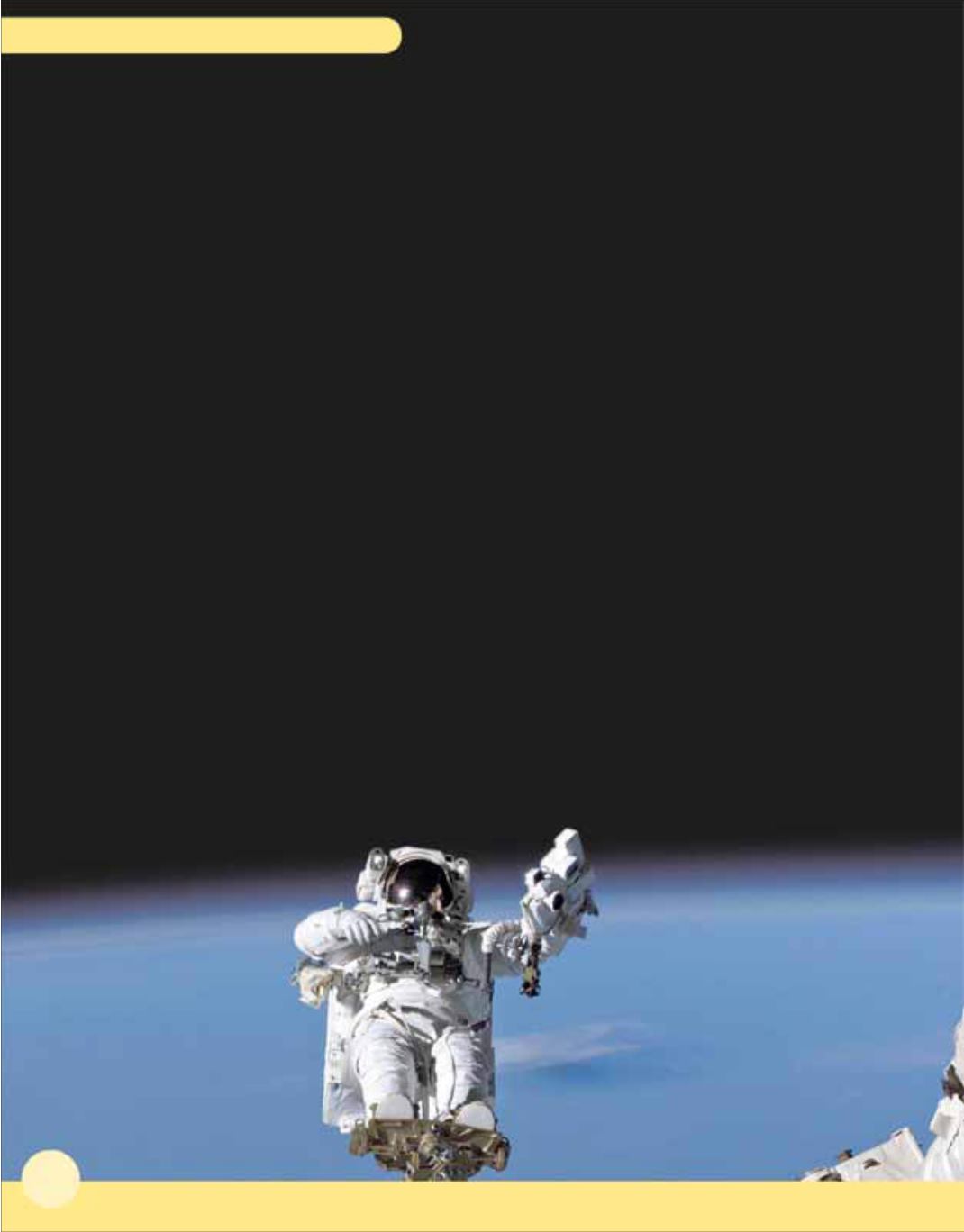
Reference section
Insulator
Something that does
not let heat or electricity travel
through it very easily.
Invertebrate
An animal
without a backbone.
Irrigation
Bringing water to
land so plants can grow.
Mammal
A warm-blooded
animal that has fur and feeds its
young with its own milk.
Mantle
A layer of hot, solid rock
that lies beneath the Earth’s crust
and surrounds the Earth’s core.
Marsupial
A mammal group in
which the female has a pouch for
its young.
Melanin
A substance that our
body produces to protect our skin
from the sun.
Microchip
A tiny electronic
device used in computers and
machines.
Mineral
A solid with a
crystal structure that is found
in the ground
Monsoon
A heavy rain-
and-wind storm that occurs
in southern Asia.
Morse code
A system for
sending messages using dashes
and dots.
Mucus
A sticky substance inside
your airways that traps germs.
Mummy
A dead body that
has been preserved by removing
some of the organs, treating the
body with special chemicals, then
wrapping it in long strips of cloth.
Nucleus
Structure inside a cell
that contains chromosomes and
is essential for making proteins.
Nutrient
A substance taken
in by a plant or animal that is
essential for its growth.
Nymphs
Insects that have not
yet become adults.
Omnivore
An animal that eats
both plants and meat.
Orbit
The path that one
object makes around another in
space, while under the influence
of gravity.
Ore
A mineral that contains
a metal.
Ornithischian
Bird-hipped
dinosaur.
Outback
The remote, inland
areas of Australia.
Pasteurization
A process
that uses heat to destroy bacteria
in food.
Percussion
A type of musical
instrument that is hit or shaken
to produce a sound.
Pharaoh
A powerful ruler of
ancient Egypt.
Photosynthesis
The process
by which plants use sunlight to
make food from water and carbon
dioxide in the air.
296


